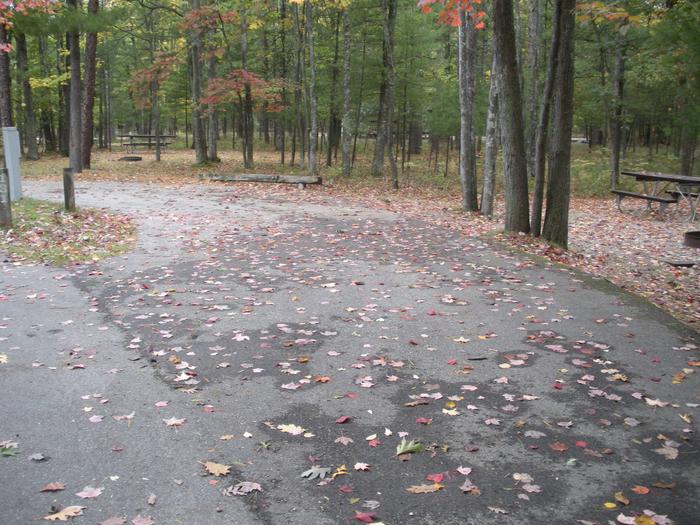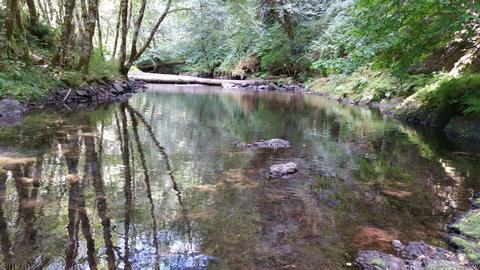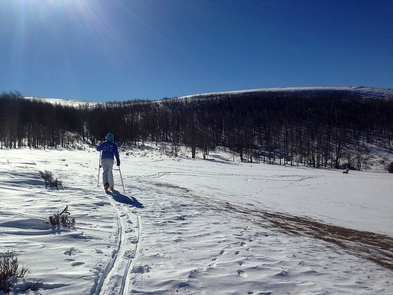Directions
The refuge is located south of the town of Cheney, Washington. Visitors can reach the public use area by driving 4 miles south from Highway 904 in Cheney on the Cheney-Plaza Road. The refuge entrance is marked by a large entrance sign and arrow pointing down Smith Road. Drive about 2 miles east on Smith Road to reach the refuge headquarters and public use area. The environmental education classroom is located at the refuge headquarters.
Phone
509-235-4723
Activities
AUTO TOURING, INTERPRETIVE PROGRAMS, HIKING, WILDLIFE VIEWING
Camping Reservations
Reserve your campsite at these camping areas:
Hiking Trails
Looking for nice hiking areas to take a hike? Choose from these scenic hiking trails:
Related Link(s)
More Washington Recreation Areas
Turnbull National Wildlife Refuge is located in northeastern Washington on the eastern edge of the Columbia River Basin in Spokane County. The refuge sits in the unique geological area known as the Channeled Scablands. Turnbull’s 17,908 acres reflect a diverse landscape carved by massive Ice Age floods that scoured potholes, sloughs, and deep canyons out of the underlying basalt more than 15,000 years ago. Located within the Pacific Flyway, the refuge includes deep permanent sloughs, semi-permanent potholes, and seasonal wetlands. This mosaic provides important habitat for migrating and breeding waterfowl and other water birds. The upland habitat, primarily ponderosa pine/grassland mixed with exposed basalt cliffs and areas of meadow and shrub-steppe, supports a large variety of wildlife. More than 200 different kinds of birds have been recorded in this area. Mammals include elk, mule and white-tailed deer, coyote, badger, porcupine, muskrat, beaver, and 10 species of bats. The refuge provides habitat for two species Federally–listed as endangered or threatened–water howellia and bald eagle.





